The Holy city of Saudi Arabia, Medina is recognized by the World Health Organization (WHO) as one of the healthiest cities in the world.
The holy city was commissioned after the WHO team visiting the city said it met all the global standards needed to be a healthy city.
Arab News reports, Medina is believed to be the first city with a population of over two million recognized under the healthy city program.
A total of 22 government agencies, communities, charities, and volunteers helped prepare the WHO accreditation.
The city’s integrated program includes a strategic partnership with Taibah University to record government requirements on electronic platforms for organizational research.
The WHO also recommends universities provide training to other national city agencies interested in participating in healthy city programs.
The committee, chaired by the university’s president, Dr. Abdul Aziz Assarani, led 100 members representing 22 government agencies, the public, charities, and volunteers.
Criteria include meeting the set goals of the Medina Regional Strategy Project and the launch of the Humanising Cities program.
According to the WHO, a healthy city is a city that creates and improves the physical and social environment.
In addition, it expands the resources of society that allow human beings to support each other in performing all the functions of life and develop their maximum potential.

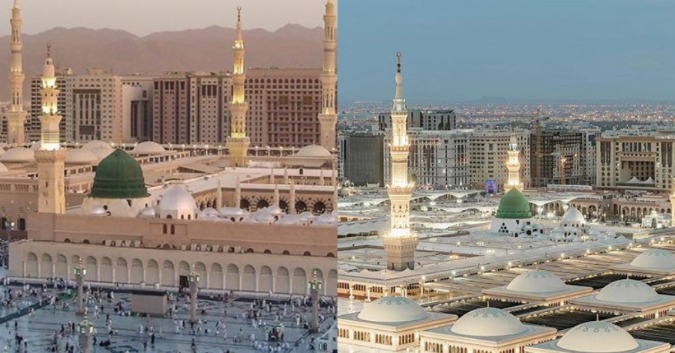


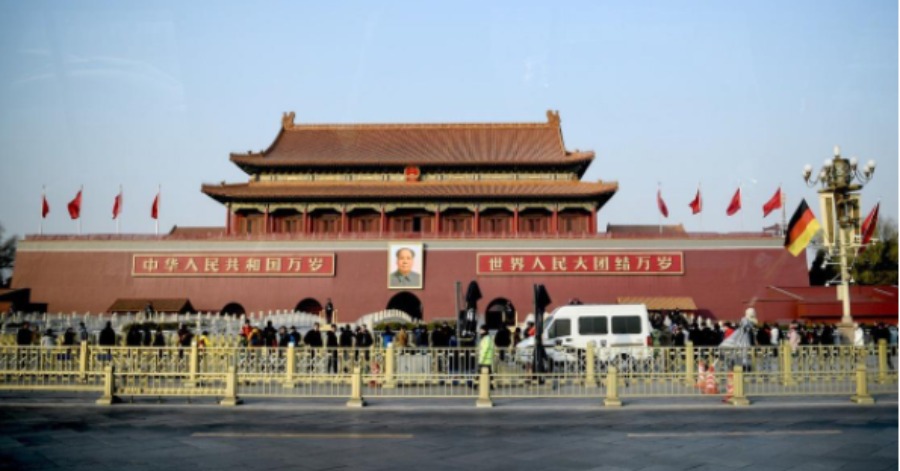

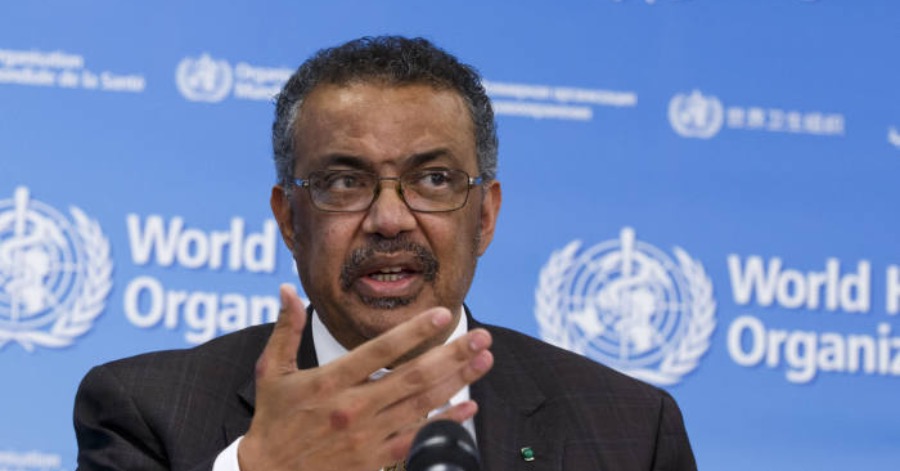
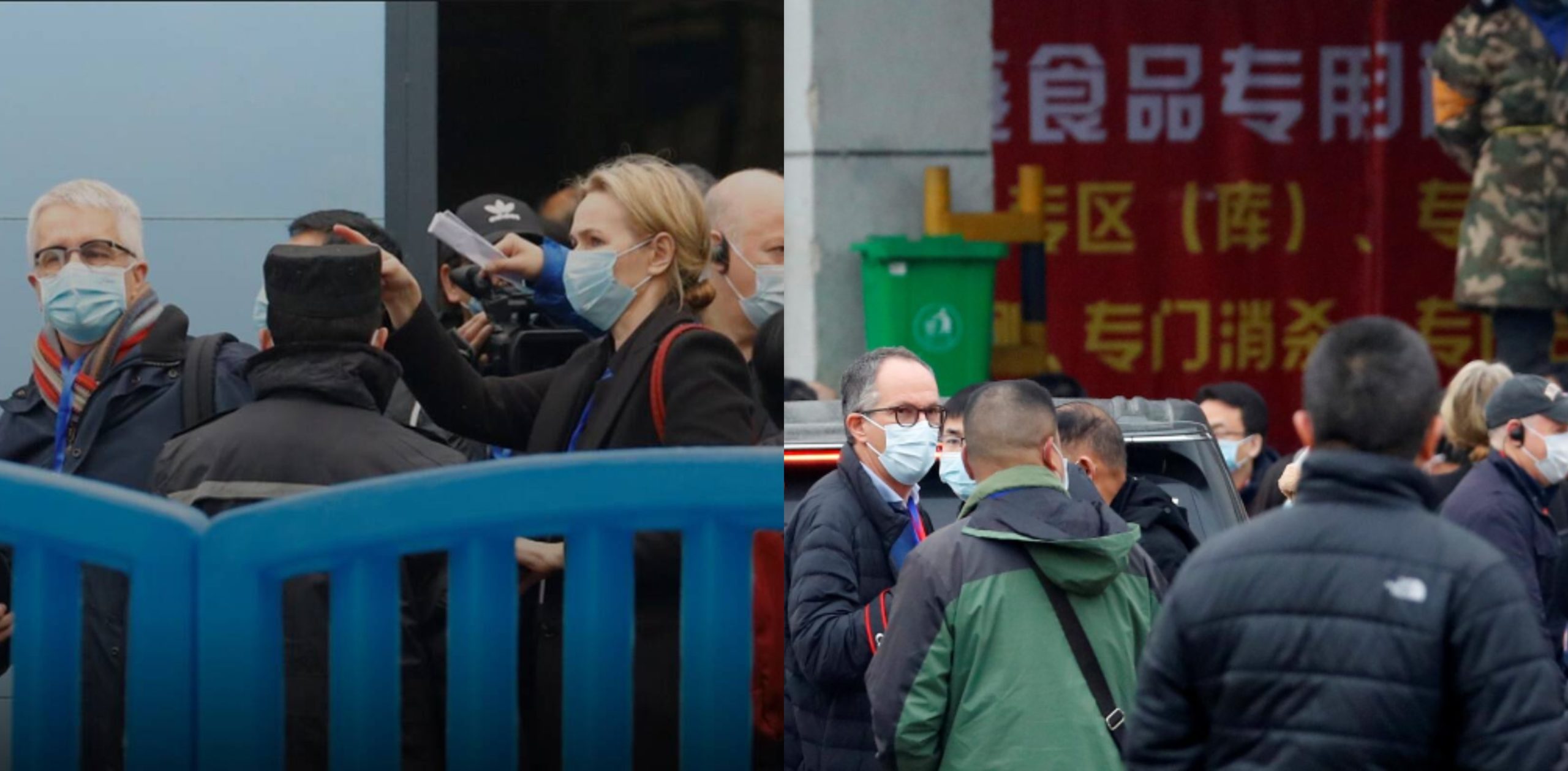
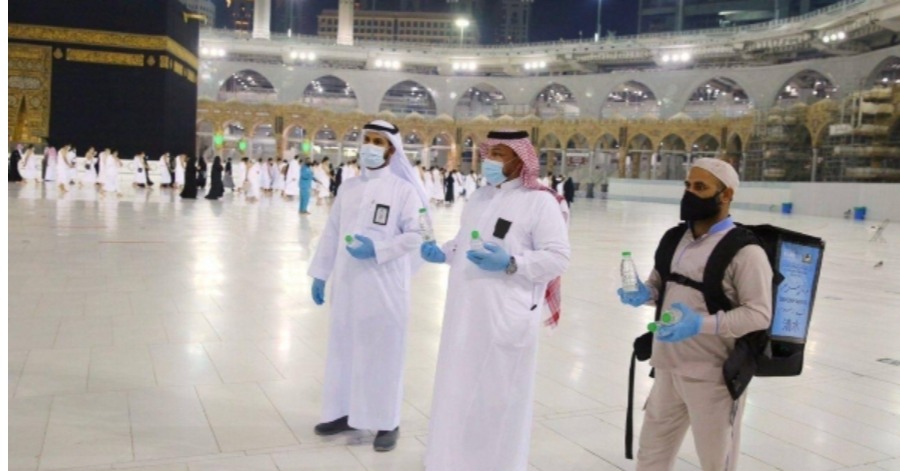
Leave a Comment